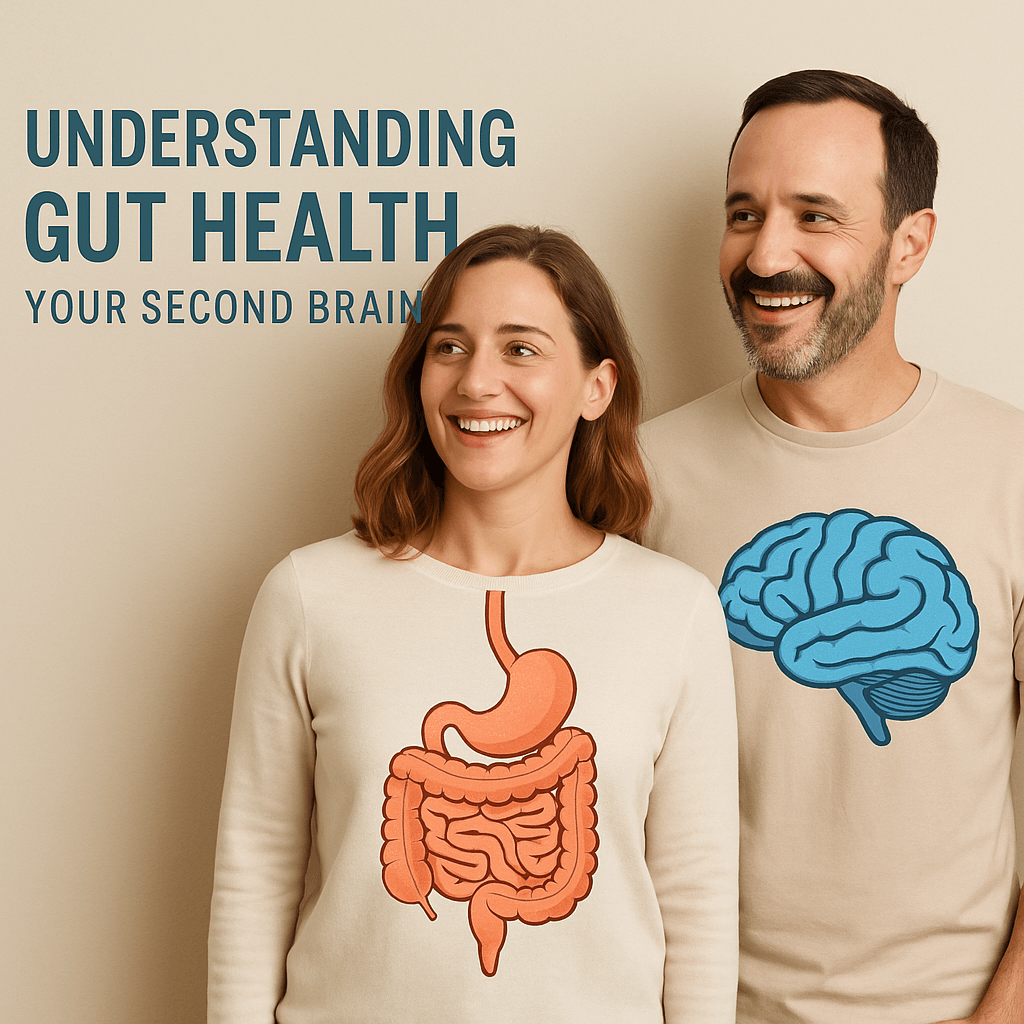Meta Description:
Explore the powerful link between your gut and brain. Learn how gut health affects mood, digestion, and immunity—and how to support it naturally.
When we think about health, we often focus on our heart, skin, or weight—but one of the most powerful systems in your body is hiding in plain sight: your gut.
What if we told you your gut was like a second brain?
Well, science agrees. And understanding how your gut works could be the key to better digestion, stronger immunity, and even improved mental health.
Let’s break down how your gut operates, why it matters, and how you can take better care of it—starting today.
🧠 What is the Gut-Brain Connection?
Your gut and brain are in constant communication. This connection is called the gut-brain axis, and it’s powered by the vagus nerve, which sends signals between your digestive system and your central nervous system.
What’s even more amazing?
Your gut is home to trillions of bacteria, known as the gut microbiome. These microbes help:
- Break down food
- Absorb nutrients
- Support your immune system
- Regulate inflammation
- And even influence your mood and behavior
In fact, about 90% of serotonin, the “feel-good” hormone, is produced in the gut!
🧬 Signs Your Gut Might Be Out of Balance
How do you know if your gut needs help? Here are some common signs:
- Bloating or gas
- Frequent indigestion
- Constipation or diarrhea
- Food sensitivities
- Low energy
- Skin breakouts or dullness
- Brain fog or mood swings
If any of these sound familiar, your gut might be sending you an SOS.
🥦 How to Improve Gut Health Naturally
Here are some simple, science-backed ways to support your gut and feel better from the inside out:
1. Eat More Fiber
Fiber feeds your good gut bacteria. Add foods like:
- Oats, lentils, beans, chia seeds
- Fruits like apples, bananas, and berries
- Leafy greens and cruciferous veggies
2. Add Fermented Foods
These are rich in probiotics (healthy bacteria):
- Yogurt
- Kefir
- Sauerkraut
- Kimchi
- Miso
- Kombucha
3. Stay Hydrated
Water helps with digestion and keeps your intestinal lining healthy.
4. Cut Back on Sugar & Processed Foods
Too much sugar feeds bad bacteria and can throw off your microbiome balance.
5. Try a Probiotic Supplement
If your diet lacks fermented foods, a high-quality probiotic can help.
6. Manage Stress
Stress affects your gut. Deep breathing, walking, or yoga can calm your nervous system and your stomach.
💡 Final Thoughts: Your Gut is Smarter Than You Think
Your gut does more than digest food—it plays a crucial role in your mental health, immunity, and overall well-being. By supporting your gut through clean eating, hydration, and stress relief, you’re doing your entire body a favor.
Remember: A happy gut = a happier you.
🔗 Related Health Reads:
- The Power of Sleep: How Rest Impacts Your Mind and Body
- Why You Should Eat More Fiber (And the Best Foods to Get It From)
- Mental Health Matters: Simple Practices for Everyday Wellness
